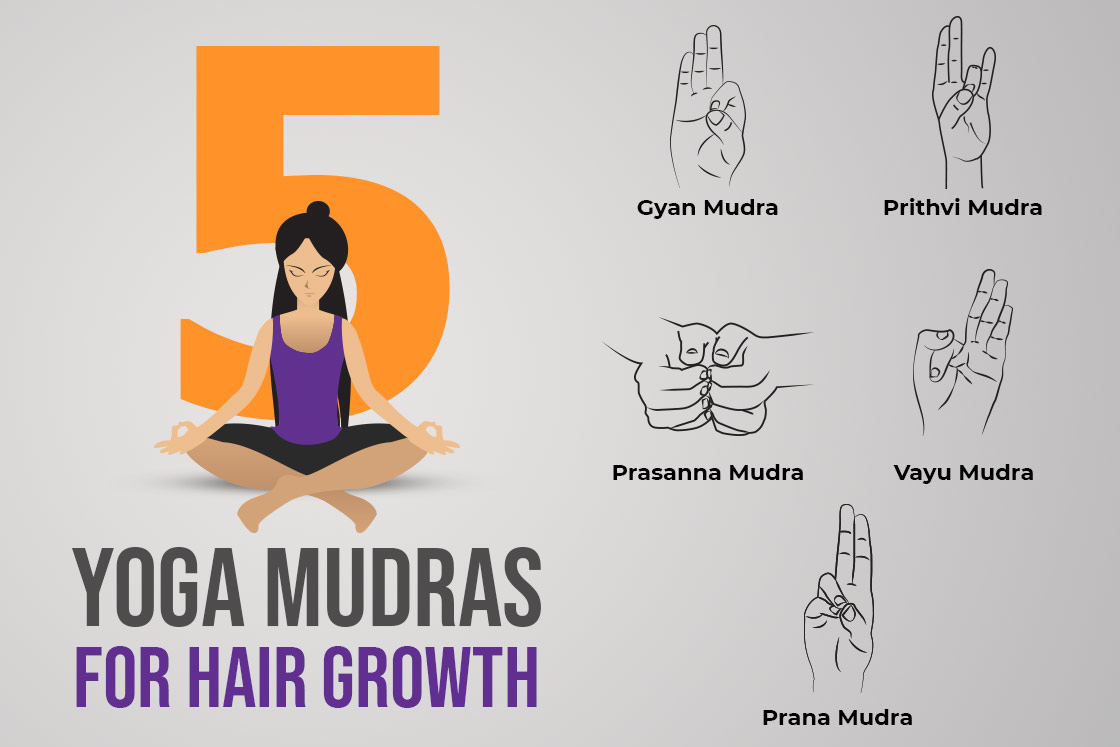An Expert Shares 7 Tips For Coping With Perfectionism
Hint: Compassion is key.

It wasn’t until a few years ago that the dialogue around perfectionism started to shift. While it may have once sounded like #goals in a job interview, nowadays we’re becoming more aware of the mental health implications of trying to live up to arbitrary standards and setting unattainable goals. What’s more, perfectionism and anxiety oftentimes go hand in hand—and can keep us from experiencing optimal health.
Here’s a truth we love to embrace: Life can (and should!) be enjoyed for the messy, beautiful, and imperfect thing that it is. Unfortunately, perfectionism—defined by the American Psychological Association as “the tendency to demand of others or of oneself an extremely high or even flawless level of performance”—is still something the Type A overachievers among us are taught to strive for.
Today, we’re tracking the rise of perfectionism, the role of social media in perpetuating toxic productivity, and how perfectionism and anxiety (and our mental health as a whole) are intimately interwoven. For expert insights, I tapped Brianna Jacobson, LMHC, LPAT, a licensed mental health counselor and art therapist to chat through the complexities of perfectionism—and how to heal once and for all.
Featured image by Belathée Photography.
1 of 7
My Battle With Perfectionism
When I hear the word “perfectionist,” I’m immediately hit with flashbacks of attempting to perfect everything in my life as a young adult. In retrospect, I’m not sure where the pressure came from, but I clearly remember the desire to present a perfect picture of who I was. I craved perfect handwriting, a well-organized schedule, the best grades, shiniest hair, cutest boyfriend (heck, I even wanted to show off my perfectly-organized planner!). The list goes on but the end product is the same—the girl who had it all under control.
Sound familiar? I don’t doubt many of you can relate. Even now at the age of 35, feeling much wiser and more connected to myself, I concurrently yearn for and shudder at the idea of being a perfectionist.
It’s a dichotomy that many of us have faced throughout our lives: the idea of having it all under control and releasing the need to control it all.
It’s easy to imagine how quickly the pressure to be perfect in many aspects of our lives can, and often does, become a mental health issue down the road. But here’s the good news: we can release both the internal and external pull toward perfectionism. Let’s take a collective deep breath and dig into the science.
2 of 7
Perfectionism and Anxiety: The Role of Social Media
Thankfully, the rise of an anti-perfectionism narrative is beginning to grow and gain traction. Resources to support releasing a perfectionist mindset are in abundance. Even a surface-level skim online will bring up an array of articles, quotes, and handy little TikTok psychology videos on how to heal from perfectionism and toxic productivity.
But it hasn’t always been this way—and unfortunately, there’s still a large part of the internet influencing us with the pressure to perform. During a time when social media is so readily available as a means of self-judgment and comparison, the pressure to be perfect is higher than ever. Jacobsen confirms that, by its very nature, social media plays a key role in influencing the push toward perfectionism—whether developing it, emboldening it, or instigating “a full-on distortion” of ourselves.
“Social media is inherently biased and controlled—the exact thing perfectionism is chasing,” notes Jacobsen. “These platforms reinforce performing rather than being—mass attention over connection and intimacy.”
From speaking with her more, it’s clear that, as a largely-online society, we’ve been influenced to pursue the wrong goals. As Jacobsen notes, perfectionism pulls us from the present moment, always motivating us to chase a far-away, often unattainable goal. And it’s a goal that we haven’t even defined for ourselves. Instead, it’s the belief that if we “try hard enough and spend enough time and money, you just might be perceived as perfect,” says Jacobsen.
Perfectionism is a never-ending cycle that needs to be challenged and replaced with values that actually resonate with us. That requires being honest with ourselves and doing the hard work of, as Jacobsen puts it, “finding moments to reclaim balance through authenticity and acceptance.”
3 of 7
Perfectionism and Mental Health
Now that we have some food for thought when it comes to contributing factors and the rise of perfectionism in society today, let’s jump into the types of perfectionists and how each impacts our mental health.
Gordon Flett and Paul Hewitt are two leading authorities in the study of perfectionism. Their studies over the past thirty years have led to the individualized diagnosis of three “flavors” or subcategories of perfectionists. Their definition of different types of perfectionism make it easier to understand how pursuing perfection may have the potential to harm our mental health. The video below does a great job at explaining the three types of perfectionism.
The 3 Types of Perfectionism
Let’s dive deeper into the three types. In an article on the “flavors” of perfectionism, Timothy A Pychyl, Ph.D., gives insights into the motivations and characteristics of self-oriented perfectionists, other-oriented perfectionists, and socially-prescribed perfectionists. Do any of the definitions below resonate with you or describe your experience?
Socially-prescribed perfectionists. Believe that others hold unrealistic expectations for their behavior (and that they can’t live up to this); experience external pressure to be perfect, and believe others evaluate them critically.Self-oriented perfectionists. Adhere to strict standards while maintaining strong motivation to attain perfection and avoid failure; engage in stringent self-evaluation.
Other-oriented perfectionists. Set unrealistic standards for significant others (e.g., partners, children, co-workers) coupled with a stringent evaluation of others’ performances.
When we set unrealistically high goals for ourselves or believe that there are standards we have to meet or exceed before we’re “enough,” we impinge on our ability to find joy and acceptance just as we are. Research strongly suggests that setting unhealthy expectations for ourselves and others can lead to mental health concerns and unhealthy relationships.
4 of 7
Why We Need To Stop Glorifying Perfectionism
Anxiety, depression, postpartum depression, eating disorders, OCD, and suicidal ideation or suicide itself are common mental health disorders linked to those who describe themselves as perfectionists.
Think of perfectionistic tendencies as a deterrent to mental wellness.
While others might be satisfied with things as they are or with the job they’ve done, a perfectionist is unable to find contentment. This leads to chronic stress, dissatisfaction, and low self-esteem and self-worth.
Furthermore, because perfectionism can contribute to chronic stress, it’s not hard to believe there’s data linking perfectionism to high blood pressure. The desire to be perfect when life is so imperfect can drive individuals to suffer the consequences via not only mental health but physical health outcomes as well.
While perfection is an issue that needs to be acknowledged and addressed before long-term damage is done, it can be extremely challenging to release our pull toward perfectionism. Because society and social media both reward high achievers for their idealistic presentation of the perfect life, the cycle often continues without being challenged.
5 of 7
7 Tips For Coping With Chronic Perfectionism
Along with a few tips and tricks I’ve discovered and put into practice myself, Jacobsen shared ideas for coping with chronic perfectionist tendencies and gathering the tools to heal.
Practice Self-Compassion
“When the pressure to perform on an unrealistically high or stressful level arises, challenge yourself to take a pause,” suggests Jacobsen. She encourages you to pause and ask yourself, What am I believing right now? Follow this question up by asking if that belief is true. Listen to your gut rather than your brain—the latter is often your biggest bully.
Use ‘What If-Then’ to Challenge Your Fears
This article by Victoria Maxwell describes how she uses the ‘what if – then’ technique to combat negative self-talk and the fear of failing to be perfect. When you’re nervous that you may not succeed, ask yourself what will happen if your fear is true and how you may feel as a result of that outcome. By rationalizing your fears aloud, going through the possibilities of what might happen, and infusing positive self-talk into the mix can assuage your worries about things you can’t control.
What if: I write this blog and everyone hates it?
Then what? I may feel embarrassed or sad.
Then what? If I’m really sad, I could call a friend and ask for support. It would be a bummer, but I can probably handle it and be okay.
Focus on Process Over Product
Mindfulness can help break the habits and processes we create through neural pathways that lead to anxiety and depression. The more we practice being anxious, the more anxious we’ll become. The more we practice self-love and acceptance, the more we thrive in those emotions.
In the moment: When you notice yourself experiencing those familiar feelings of inadequacy or judgment, pause, stop what you’re doing, take a few deep breaths, and remind yourself that you’re enough. You can do this as many times as you need.
In the long-term: Daily meditation, breathwork, yoga, or some form of mindfulness can reshape the brain in as little as eight weeks. Two months of mindfulness has the power to transform your brain into a calmer, kinder friend to yourself. Don’t forget it’s a practice! So keep it up and watch yourself flourish.
6 of 7
Identify a Supportive Mantra
Creating a personal mantra or affirmation is an opportunity to weave together meditative self-talk, kindness, and self-love with a simple saying you can repeat anytime you’re struggling. A mantra gives you an opportunity to reset, change your state of mind, and move forward in a predetermined direction that is more aligned with being kind and loving to yourself. Examples:
You’re right where you need to be.I am enough.I got this, just the way I am.The important thing about a mantra is that it feels good to you! You’re welcome to brainstorm and create one for yourself or get inspired by a list of mantras or affirmations and choose the one that resonates with you.
Ask: What Can You Be Proud of?
Celebrate the wins as you go! You’re good at what you do, and if you’re struggling that just means you’re learning and digging into something hard so you can become even better. Don’t forget that we grow the most when we’re the most uncomfortable. If something is hard or not going well, pause and give yourself credit for trying rather than tearing yourself down.
7 of 7
Be gentle With Yourself
This age-old rule is one that I come back to often for countless things in life. Instead of beating yourself up, approach the situation as if you were speaking to a best friend. What would you say? How would you support them and put the important things into perspective?
Be your own friend and warrior and be gentle with yourself. We are always our own worst critics. Pump yourself up just like you would a BFF and go get ’em, tiger.
Take a Break
Lastly, if you catch yourself in a habit or thought pattern that feels unhealthy, stop what you’re doing and get back into your body. The more you can break patterns of negative self-talk or harm, the less those patterns have the ability to build and grow.
Get out of your head and into your flow.
This can be done by pausing and finding a way to move your body like exercise, or performing a meditative craft that brings you joy without judgment. Gardening, dancing, or cooking are all possibilities, but remember—you get to pick what works best for you.

 Fransebas
Fransebas 
































